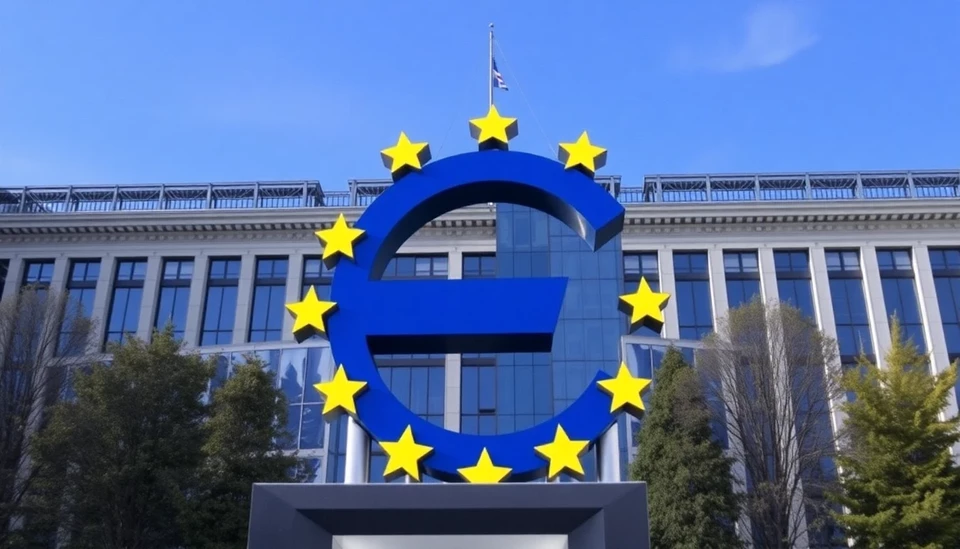
The European Central Bank (ECB) faced renewed scrutiny as board member Yannis Stournaras pointed out that increasing tariffs could result in significant economic pressures, potentially prompting the institution to consider aggressive interest rate cuts. This assertion came in the wake of rising tensions surrounding global trade policies, which have created an uncertain environment for the eurozone economy.
Stournaras emphasized that elevated tariffs could stoke inflationary pressures, counteracting the central bank's long-standing efforts to stabilize prices within the euro area. He articulated that any persistent rise in prices resulting from tariffs could force the ECB into a position where sharp cuts to interest rates would be necessary to sustain economic growth.
Since the central bank commenced its monetary tightening strategy, aimed at combating inflation that surged to multi-decade highs, the landscape has dramatically shifted. Inspired by a variety of factors, including fluctuating energy prices and supply chain disruptions, inflation has remained a prominent challenge for policymakers, leading to rigorous discussions on future monetary policy directions.
The ECB is legally bound to maintain price stability across the eurozone, and Stournaras’ remarks reflect a growing concern that external pressures, particularly from tariffs, could undermine this objective. Analysts have pointed out that any shift towards stringent trade measures would amplify costs for consumers and businesses alike, leading to significant economic headwinds.
In light of these unfolding circumstances, Stournaras called on policymakers to strategize effectively on how to mitigate any adverse effects associated with potential tariff increases. “A coordinated policy response may be essential to ensure that we do not derail the recovery that we have worked so hard to achieve,” he explained. Stournaras insisted that proactive measures must be taken to address these burgeoning risks swiftly.
Market observers are wary of the implications of Stournaras' comments, which have reignited debate about the efficacy of the ECB's current pathway, sparking speculation regarding the timeline for any future rate adjustments. While some experts believe aggressive cuts may indeed be warranted, others argue that premature or overly dramatic shifts could exacerbate existing economic challenges.
The sentiment echoed by Stournaras is likely to resonate among ECB officials as they prepare for forthcoming meetings. Each week brings fresh data on inflation and economic performance, data that will be critical in shaping the bank's approach to its monetary policy and the broader implications for the eurozone economy.
As economic conditions continue to evolve, the decision-making process at the ECB will remain under close observation. Stakeholders are acutely aware that any regulatory changes or shifts in interest rates are not merely economic adjustments but are also deeply reflective of the prevalent geopolitical climate that surrounds Europe. The outcome could have cascading effects not just in Europe, but also in global markets.
In conclusion, Stournaras' warning serves as a timely reminder of the significant interplay between international trade dynamics and domestic monetary policy. As the EU grapples with these complex challenges, the path ahead will require strategic thinking and careful maneuvering to ensure economic stability for its member states.
#ECB #YannisStournaras #InterestRates #Tariffs #EurozoneEconomy #Inflation #MonetaryPolicy #GlobalTrade #EconomicGrowth
Author: Daniel Foster




